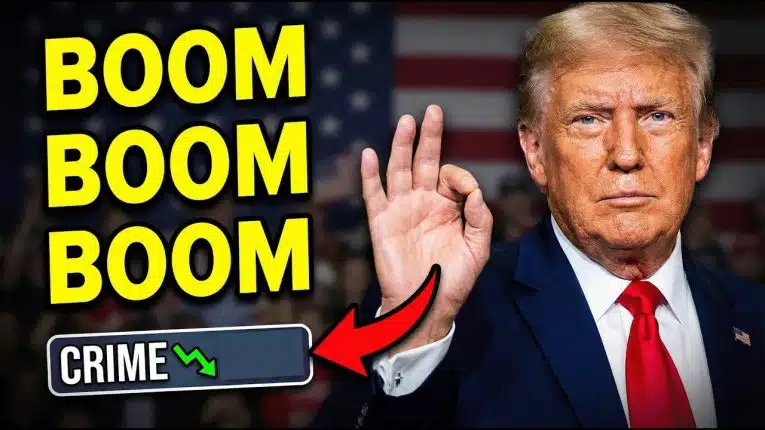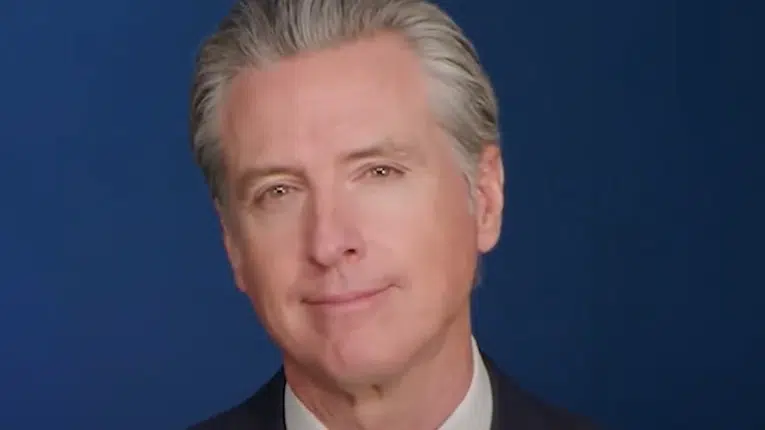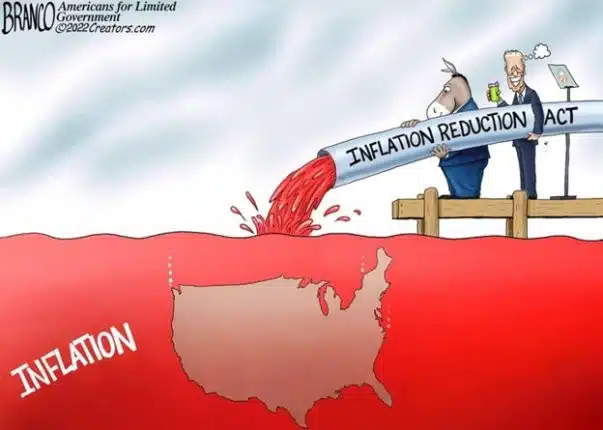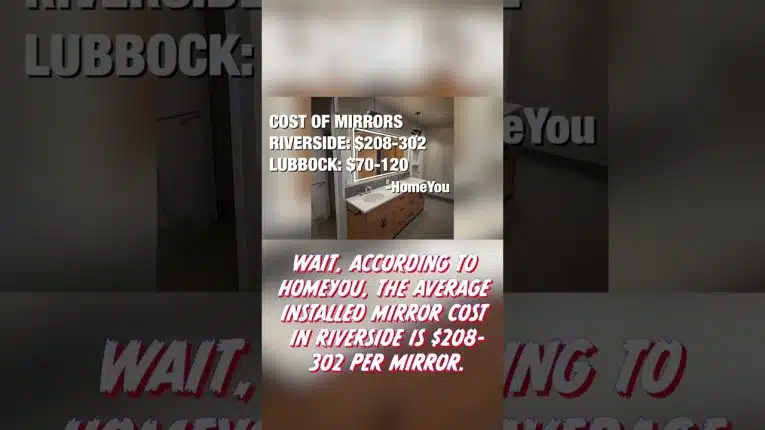NRD Editor’s Note: This column was originally published at TheHill.com.
 By Rick Manning — “Taxes should hurt.” That is what then-Gov. Ronald Reagan of California said back in the late 1960s. And while these words seem curious coming from the man who lowered the overall income tax rates significantly and flattened the tax code during his eight years in the White House, they are as true today as they were when Reagan uttered them.
By Rick Manning — “Taxes should hurt.” That is what then-Gov. Ronald Reagan of California said back in the late 1960s. And while these words seem curious coming from the man who lowered the overall income tax rates significantly and flattened the tax code during his eight years in the White House, they are as true today as they were when Reagan uttered them.
Reagan’s premise was simple. If the people are separated from the cost of government through hidden fees, inflation or taxes, then they mistakenly believe that the government services they demand are free. And who wouldn’t want free?
In fact, this is the whole secret behind Obama’s victory in 2012. America ran a $5 trillion debt on his first four-year watch, unemployment payments were extended to almost two years, record numbers of people are on food stamps, and we even give people “free” Obama cellphones, and this doesn’t even count the cost of new regulations.
Yet, the costs of this spending and regulatory spree have been hidden from Americans as it is has been paid through what liberal economist Paul Krugman called, “depression-like” economic growth.
The so-called “carbon tax” is designed to hide the cost of government from the people. By taxing carbon based energy sources at their origin, the tax would ripple through the economy, leading to higher prices for consumers, who would naturally blame the grocer, the energy company, utility, car-maker or just the seeming whims of others that cause prices to skyrocket.
The net effect of this is a furthering of the political disconnect between the taxes Americans pay and the size and scope of government.
But a carbon tax would be even more destructive than most can imagine, because it would have the perverse impact of destroying federal government revenue growth, rather than expanding it.
Today, places like North Dakota and the states of Ohio, Pennsylvania and Texas are at the cutting edge of a national industrial resurgence solely due to the work and ingenuity of very smart people who figured out how to unleash massive amounts of natural gas and oil from shale deposits: the very energy sources that the carbon tax would make dramatically more expensive.
While we are seeing that lower energy costs are creating mini-manufacturing booms around the country — employing workers, creating wealth and expanding government tax bases — a carbon tax would act as a knife to the heart of the newly developing industries.
Rather than embrace the opportunity for a new American century that is being laid before us, carbon tax radicals would prefer to check off their 20th century, alternative energy bucket lists. And by making energy more expensive through the imposition of a hidden carbon tax, the American voter will never even be able to identify those responsible for assassinating their hopes and dreams for a better economic future.
Reagan was right, “taxes should hurt.” In a town known for avoiding accountability, few ideas are as cowardly as a hidden carbon tax allowing politicians to benefit from government giveaways while shrugging their shoulders when asked why the prices we pay for things have gotten so high.
Rick Manning (@rmanning957) is the vice president of public policy and communications for Americans for Limited Government.






